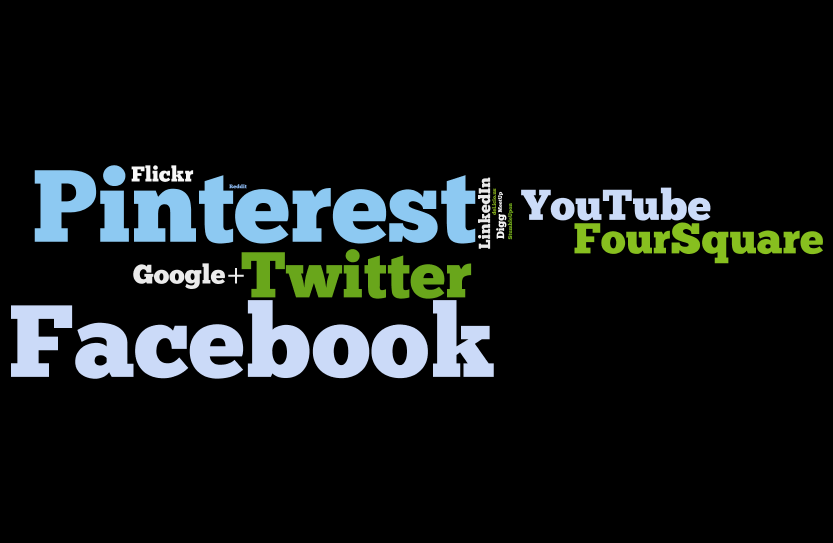On Twitter earlier this week, I saw a re-tweet from #Socmediadigest entitled “Is Using Cheap Social Media a Cop-out for Marketers?”
Obviously with a title like this, I couldn’t pass up reading the related full article, which is actually a press release written by a company called Brand Recruitment, a PR and marketing firm in the United Kingdom. The article contains thoughts from Simon Cook, the Marketing Director for the government division of Fujitsu regarding the use of social media for marketing purposes.
Cook’s premise is that companies who overuse social media and email marketing are being “cheap and lazy.” He goes on to say that by relying on inexpensive and simple methods, junior marketers will begin to ignore their more traditional marketing skills.
While a little harsh, there is an idea here worth exploring. Social media is the new favorite of the marketing crowd, in part because of its perceived low cost. And it’s true that the cost to implement a social media campaign might be less expensive than more traditional media campaigns that use TV or magazines, but that does not mean that social media is “cheap.” When executed properly, a social media campaign takes a lot of time and effort, and there are hard costs involved in managing a successful social media campaign in the form of personnel to oversee it. Social media requires constant monitoring and optimization, and is not just about pushing content out but rather listening to consumers’ needs and using that information to inform future marketing decisions. A marketer who puts up a Facebook page for his company and then expects to just sit back and watch the conversation is in for a rude awakening.
Having a social media presence means providing consumers with relevant information and engaging them in a meaningful way to eventually turn them into brand ambassadors. A social media strategy that expects consumers to do the work by simply putting up a page and expecting them to come to you is more detrimental to the health of your brand than not having a social media presence at all.
Social media is no different from any other tool in the media planner’s toolbox. It can be an effective marketing tool, but only when used properly, and it requires the same scrutiny, effort, and attention to detail as any other medium.
Another key point Cook makes is that basic marketing skills like targeting are being forgotten. One of my colleagues who works solely in the digital area, but who has a traditional marketing background, also mentioned this to me a few weeks ago. He explained that many digital marketers never learned the basics of how to target properly, so they just go with their gut instincts. We addressed this issue in our very first blog post on “The Art of Targeting.”
Toward the end of the article, one of the key points of the article is made when the writer acknowledges:
“Perhaps a wise suggestion would be to include social media and email marketing in the overall marketing strategy but to not rely on this as the only form of communication between company and consumer.”
As we’ve mentioned before, that’s good advice for any marketing effort that you’re considering.
Comments are closed.




